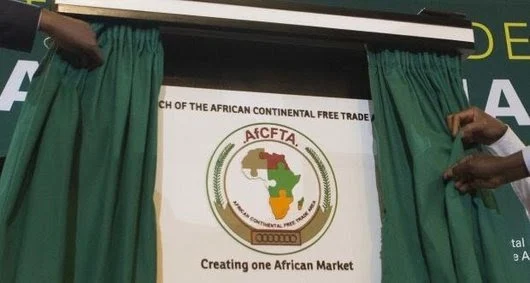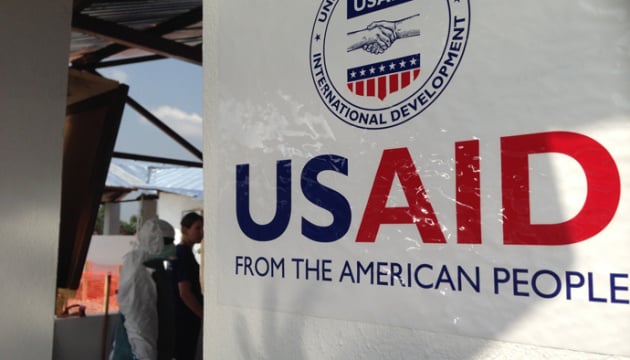BY FOLAWIYO OLAJOKU
The African Continental Free Trade Area (AfCFTA) and the newly formed Alliance of Sahel States are two significant developments that are set to transform the economic and political landscape of West Africa. The AfCFTA, which came into effect in January 2021, aims to create a single, unified market for African countries, promoting free trade and economic integration.
On the other hand, the Alliance of Sahel States, comprising Burkina Faso, Mali, and Niger, was formed in response to the regional crisis and the perceived failure of the Economic Community of West African States (ECOWAS) to address the security concerns of its member states.
The impact of AfCFTA on the Alliance of Sahel States is multifaceted. On the one hand, the AfCFTA offers tremendous opportunities for economic growth and development in the region. By creating a single market, the AfCFTA aims to increase trade among African countries, promote economic integration, and attract foreign investment. This could lead to increased economic growth, job creation, and improved living standards for citizens of the Alliance of Sahel States.
Advertisement
On the other hand, the AfCFTA also poses significant challenges for the Alliance of Sahel States. The region’s economies are largely informal, and the private sector is underdeveloped. This could make it difficult for businesses in the region to compete with larger, more established organisations from other parts of Africa. Moreover, the AfCFTA’s emphasis on free trade could lead to increased competition from cheaper imports, which could negatively impact local industries.
The Alliance of Sahel States, on the other hand, aims to promote regional stability, economic independence, and self-reliance. The Alliance plans to introduce a new currency to replace the CFA franc, which is currently tied to the French economy. This move could reduce French influence in the region and promote economic independence. The Alliance is also establishing a joint military force to combat terrorist groups in the region, which could lead to improved regional security and reduced reliance on external powers.
However, the Alliance’s withdrawal from ECOWAS could lead to disruption in regional trade flows. The region’s security concerns, including terrorist threats and rebel insurgencies, also remain a significant challenge for the Alliance.
Advertisement
In conclusion, the impact of AfCFTA and the formed Alliance of Sahel States on the region is complex and multifaceted. While the AfCFTA offers tremendous opportunities for economic growth and development, it also poses significant challenges for the region’s economies. Ultimately, the success of both the AfCFTA and the Alliance of Sahel States will depend on the ability of regional leaders to navigate these challenges and promote economic growth, stability, and self-reliance in the region.
Folawiyo Olajoku, a governance, policy, and strategy professional, can be contacted via [email protected]
Views expressed by contributors are strictly personal and not of TheCable.
Add a comment









